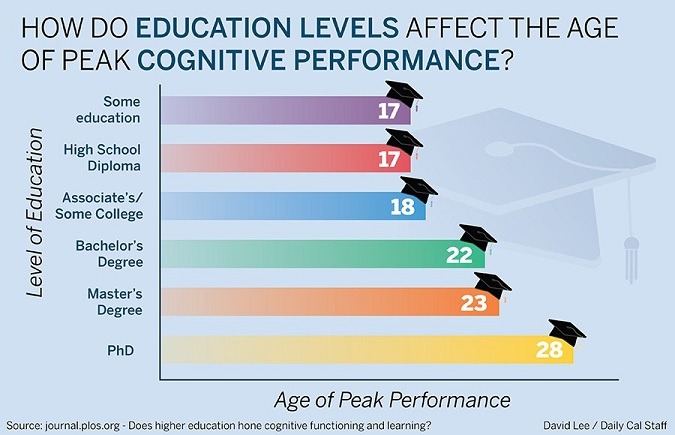Posts Tagged ‘cognitive-domains’
Executive Functions and Dysfunction in Brain Health and Brain Disorders: Dates announced for Dr. Elkhonon Goldberg’s Symposium in Costa Rica
We are pleased to announce a fantastic 5‑day professional development opportunity featuring our Advisor and renowned author and neuropsychologist Elkhonon Goldberg, Ph.D., ABPP., and titled “Executive Functions and Dysfunction in Brain Health and Brain Disorders. Frontal Lobes, Distributed Networks, and the Whole Brain.” The information presented will aid practitioners and researchers alike in advancing their knowledge…
Read MoreStudy: Building muscle mass helps delay cognitive decline beyond the value of exercise itself
A new reason to build muscle: brain health (The Globe and Mail): … a recent study from researchers at McGill University, published in the journal JAMA Network Open, offers a new reason for continuing to work on building muscle: It’s good for your brain, not just your biceps. Greater muscle mass, the results suggest, helps ward…
Read MoreStudy: Work in adulthood seen to significantly delay memory decline after age 60, supporting the Cognitive Reserve theory
Memory Loss Slower for Working Women (MedPage Today): Working women had slower memory decline as they aged than women who had not worked outside the home, a longitudinal study found. Non-working mothers were twice as likely to develop memory impairment at age 70 as working married mothers, reported Elizabeth Rose Mayeda, PhD, MPH, of the UCLA Fielding…
Read MoreLarge study highlights the cognitive enhancement value of both higher education and lifelong learning
_______ UC Berkeley study links cognitive longevity to higher education (The Daily Californian): “A study led by campus researchers found that higher levels of education are linked to later ages of peak cognitive performance…The team was able to use anonymous data gathered from almost 200,000 subscribers to Lumosity, an online cognitive training program, whose…
Read MoreBrain Scientists Identify Links between Arts, Learning
Arts education influences learning and other areas of cognition and may deserve a more prominent place in schools, according to a wave of recent neuroscience research.One recent study found that children who receive music instruction for just 15 months show strengthened connections in musically relevant brain areas and perform better on associated tasks, compared with…
Read MoreBrain Training: It Works, and It Doesn’t Work
The IMPACT study which we reported on in December 2007, funded by Posit Science, conducted by the Mayo Clinic and USC Davis, has just announced publication at the Journal of the American Geriatrics Society. Reference: — Smith et al. A Cognitive Training Program Designed Based on Principles of Brain Plasticity: Results from the Improvement in…
Read More



